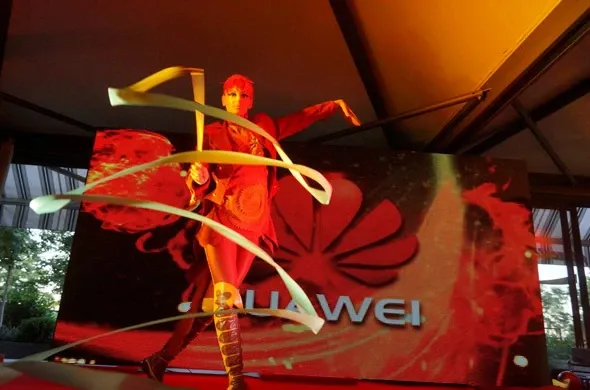Telefonica Pushes Edge Rollout in Spain
Telefonica added seven edge computing nodes across the home market in Spain.

Huawei pledged to overhaul its culture and rethink the way it conducts business, expecting global uncertainty to mount in 2017 after sales growth slowed, according to Bloomberg. China’s largest telecommunications equipment maker expects a 32 percent rise in revenue to $75 billion in 2016, rotating CEO Eric Xu said. That’s down from the 37 percent growth it posted in 2015. The company now needs to re-tool its management approach to zero in on customers’ needs, while staunching costs and avoiding “blind optimism and rhetoric.“
Huawei, which debuted its first Android device in 2009 and is now the largest smartphone maker after Apple and Samsung, has made significant inroads into markets from the U.S. to Europe. But Chinese rivals from Oppo to Vivo have taken the lead back home and its business of selling networking gear to wireless carriers is vulnerable to political swings. Huawei’s consumer business, which includes mainly smartphones, probably grew sales 42 percent to 178 billion yuan in 2016, divisional CEO Richard Yu said in a separate memo.
“The year 2016 has seen a flock of black swans, both political and economic, sweep across the globe,“ Xu said in a memo to staff that was posted on the company website. “In 2017, we will face even greater global political and economic uncertainties.“ Those include a rise in costs that outpaced revenue and gross margin growth in 2016. Xu outlined a laundry list of time and money wasting activities to root out, including “empty talks in offices that are far removed from actual business“ and “fancy“ internal promotional videos and slides. He wants more independent thinking and visits to key operations from base stations to stores.